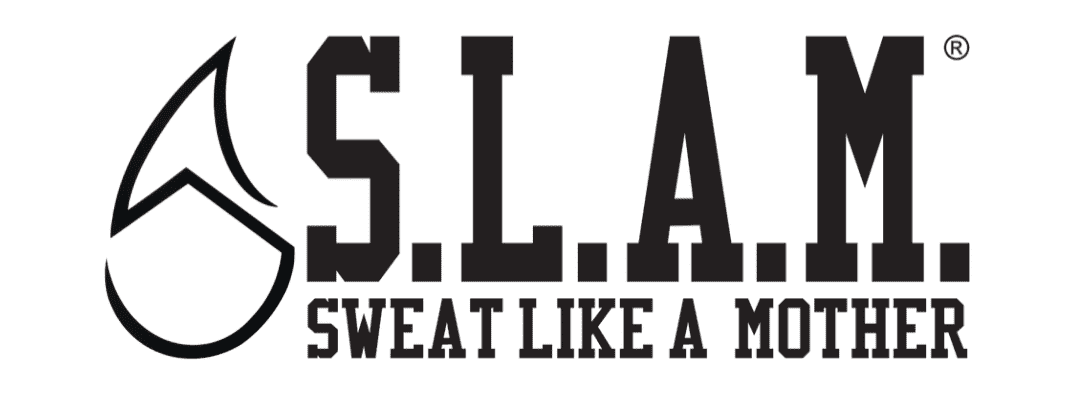Nutritionist vs Dietitian, Do You Know The Difference?
I went to college wanting to be six different things, a dietitian wasn’t one of them. In fact, I hadn’t really ever heard that term much. Remember, this was years ago before nutrition was as mainstream as it is today. In high school, I worked as a cashier in a natural health food store where I learned so much about holistic eating and living. So when talking with friends about whether I should pursue being a veterinarian or the law school path, they suggested dietetics. This concept was new, exciting, and so foreign to me, but that conversation forever changed my path in life.
Telling people to eat fruits and vegetables and not donuts seemed like it would be a simple thing to study and I was eager for all the opportunities. I am not sure when it hit me that the study of dietetics was more intense that I originally thought. Throughout my four years in undergrad, I had to study chemistry, biochemistry, food science, anatomy, nutrition therapy, and so much more. Biochemistry was miserable for me—as a college student who just wanted to have fun but also learn enough to grow up and be somebody, I didn’t understand its importance then. However, for a dietitian, it’s critical. It illustrates the body’s processes of metabolism, shows how fats, carbohydrates, and proteins are broken down. It’s intense and so specific, but really made me more well rounded as your guide in nutrition. 
Why is this important to you? Because nowadays, everyone and their mom is a nutrition expert. Social media highlights these “nutrition specialists” or “nutritionists” and I believe many of them have adequate knowledge and mean well, but I guarantee most of them did not take a course in biochemistry or many other nutrition related courses. Did you know anyone can use the term “nutritionist”? It’s a self proclaimed title that requires nothing at all.
Not only do Registered Dietitians have to finish with a bachelor’s degree that encompasses all of these science courses, but we also have to do an internship. Think of it as a fellowship for doctors on a smaller scale, but don’t be fooled, it still costs money and interns don’t get paid. For dietitians it is a requirement as you cannot take the Registered Dietitian exam until completing and passing an internship. The worst part, though, is not everyone gets accepted into one. During our senior year of college, we had to apply to all different internship programs and if you don’t get accepted you wait until the next year to try again. So these poor students just put 4 years in to this degree, but they aren’t allowed to become a dietitian. Cutthroat. Internships range from 6 months to a year (or more if it includes a Masters Degree program).
Registered Dietitians and their education fly under the radar, but it’s important to create awareness so that you know who to trust when it comes to nutrition expertise. The internship process is fantastic—students get to explore all aspects of nutrition. When you think of a Registered Dietitian you probably think of me telling you to eat this and not that. But Dietitians are so, so much more. Nutrition is divided into clinical, community, and foodservice nutrition. Clinical nutrition is working in a hospital and seeing all different sorts of patients. Patients who have a bowel obstruction and require nutrition through their veins, patients who have mouth cancer and need a feeding tube, patients on dialysis because their kidneys don’t work so they need educated on the proper way to eat for their treatment, or patients who just had a heart attack because they are overweight with high cholesterol are just a few of the many examples dietitians encounter in the hospital.
Community nutrition features dietitians who work outside of the hospital setting—they work with clients in different venues, such as WIC or promoting healthy eating in the schools. Providing healthy tips to you through our Balance Like A Mother series is an example of this. Clinical dietetics is fun in that it can be challenging and interesting to learn about disease states and how nutrition therapy can help, but community nutrition is my favorite. Working with people who want to improve their lives is a passion of mine.
Finally, foodservice is the last component of nutrition. A lot of it is behind the scenes. Imagine being in a school cafeteria, many of those operations are run by a Registered Dietitian who oversees and chooses the choices that are provided. These are basic and simple definitions to the areas of nutrition but by now you’re hopefully seeing the full circle of dietetics.
With all that being said, nutrition is evolving and changing and it is the dietitian’s responsibility to stay up to date on new research and findings. Not all dietitians are created the same: some believe diet soda is appropriate because there are certain populations (diabetics) who can’t have sugar so this is a good alternative. I, however, believe if they can’t have sugar then that’s just the way it is and they’re better off avoiding artificial sweeteners. Some believe organic is unnecessary at all costs, others like myself believe that there are some pros to choosing organic foods, but I’m also realistic that it’s pricy and some foods are more of a priority than others when going that route. So find a Registered Dietitian you trust, one you may have similar food values or beliefs with, and one who helps you meet your goals through healthy means. And please know, anyone can call themselves a nutritionist. There is no education, degree, certificate required, so be careful who you take advice from. It’s National Nutrition month and your SLAM dietitians want you to remember to Balance Like A Mother and listen to the experts.


I completely agree with what your saying! What a great article! I got my bachelors in dietetics and couldn’t get into an internship! It soooo hard to get one! I had to be a health coach for a few years until I had my kids!